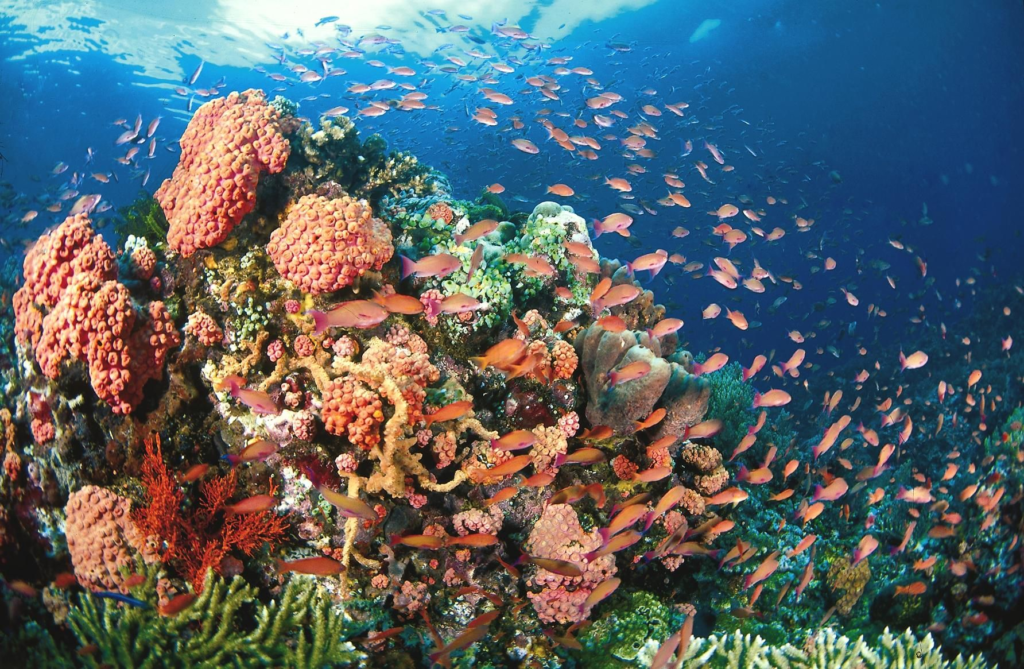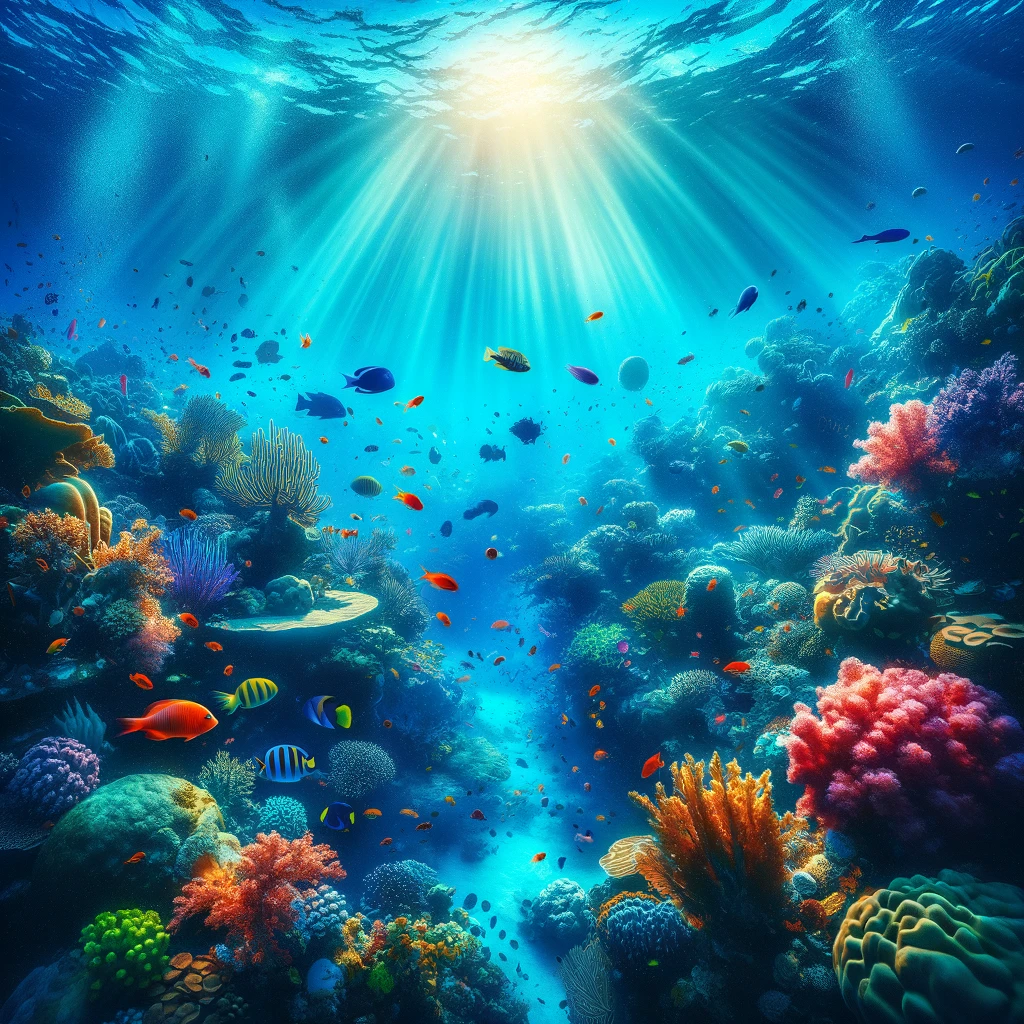Underwater:3u1qizs_9ra= ocean: Exploring Earth’s Final Frontier
Underwater:3u1qizs_9ra= ocean The ocean remains one of the least explored areas of our planet. Hidden beneath its surface are vast depths, where strange creatures and unknown ecosystems thrive. Despite technological advancements, humans have only explored a fraction of it.
Table of Contents
2. Underwater:3u1qizs_9ra= ocean Coral Reefs: The Rainforests of the Ocean
Coral reefs are vital underwater ecosystems, often referred to as the rainforests of the sea. Underwater:3u1qizs_9ra= ocean They are home to thousands of species and play a crucial role in supporting marine biodiversity.
3. The Ocean’s Role in Climate Regulation

Oceans absorb a significant amount of the Earth’s heat, acting as a climate buffer. The movement of ocean currents helps regulate the planet’s climate, impacting weather patterns globally.
4. Deep-Sea Creatures: Adaptations for Survival
Underwater:3u1qizs_9ra= ocean Life in the deep sea is harsh, but creatures have evolved unique adaptations to survive in this extreme environment. Bioluminescence, for example, is a common trait in deep-sea species, allowing them to hunt or communicate in complete darkness.
5. The Importance of Ocean Exploration
Exploring the ocean is key to understanding climate change, discovering new species, Underwater:3u1qizs_9ra= ocean and gaining insights into Earth’s history. Ocean research also provides valuable information for med ical and technological innovations. Underwater:3u1qizs_9ra= ocean
6. Ocean Acidification: A Silent Threat
Ocean acidification is a growing concern as increased carbon dioxide levels in the atmosphere are absorbed by the ocean. Underwater:3u1qizs_9ra= ocean This phenomenon is threatening marine life, particularly species that rely on calcium carbonate for their shells. Underwater:3u1qizs_9ra= ocean
7. Marine Life: The Ocean’s Biodiversity
The ocean is home to millions of species, from the smallest plankton to the largest whales. Each organism plays a unique role in maintaining the balance of the marine ecosystem, contributing to its incredible biodiversity. Underwater:3u1qizs_9ra= ocean
8. The Impact of Overfishing on Ocean Ecosystems
Overfishing is causing a decline in fish populations and disrupting marine ecosystems. Sustainable fishing practices are essential to ensure the health and balance of ocean life.
9. The Role of Oceans in the Water Cycle
Oceans are a central component of the water cycle. They store most of the Earth’s water, contribute to precipitation, and play a key role in evaporation processes that drive weather systems.
10. The Threat of Plastic Pollution
Plastic pollution is one of the greatest environmental challenges facing oceans today. Millions of tons of plastic enter the ocean annually, threatening marine life and ecosystems.
11. The Wonders of Kelp Forests
Kelp forests, found in cooler coastal waters, are vital underwater ecosystems. They provide food and shelter for marine species and play a role in carbon absorption, contributing to climate regulation.
12. The Ocean’s Hidden Caves and Grottos
Underwater caves and grottos are some of the ocean’s most intriguing features. These formations create habitats for unique species and are often rich in marine biodiversity.
13. The Power of Ocean Currents
Ocean currents are responsible for moving warm and cold water across the globe, influencing weather patterns and the distribution of nutrients. These powerful forces have a profound impact on marine life and global climate.
14. The Great Barrier Reef: A Natural Wonder
The Great Barrier Reef is the world’s largest coral reef system, known for its breathtaking beauty and immense biodiversity. However, it faces threats from climate change and human activities, making its preservation crucial.
15. The Ocean as a Source of Food
The ocean provides food for billions of people worldwide. Sustainable management of fisheries is essential to maintain this vital resource for future generations.
16. Oceanographic Research: A Glimpse into the Unknown
Oceanographers study the ocean’s physical, chemical, and biological properties to better understand its role in Earth’s systems. Their research is key to addressing environmental challenges like climate change and pollution.
17. The Ocean and Coastal Communities
Coastal communities depend on the ocean for their livelihoods, with industries like fishing, tourism, and shipping playing critical roles. Protecting these resources is vital for the economic stability of these regions.
18. Underwater Volcanoes and Hydrothermal Vents
Hydrothermal vents and underwater volcanoes are unique oceanic features that support unusual ecosystems. These areas are home to extremophiles, organisms that thrive in environments once thought to be uninhabitable.
19. Oceanic Dead Zones: A Growing Concern
Dead zones in the ocean are areas where oxygen levels are so low that marine life cannot survive. These zones are increasing due to pollution and climate change, posing a serious threat to marine biodiversity.
20. The Influence of the Moon on Ocean Tides
The gravitational pull of the moon affects ocean tides, creating cycles of high and low tides. This natural phenomenon influences marine life, coastal ecosystems, and human activities like shipping and fishing.
21. Marine Reserves: Protecting Ocean Biodiversity
Marine reserves are areas designated for the protection of marine ecosystems. These reserves help preserve biodiversity, protect endangered species, and allow ecosystems to recover from human impact.
22. The Future of Our Oceans
The future health of our oceans depends on global efforts to reduce pollution, regulate fishing, and address climate change. By taking action today, we can ensure that future generations inherit healthy and thriving oceans.













Post Comment